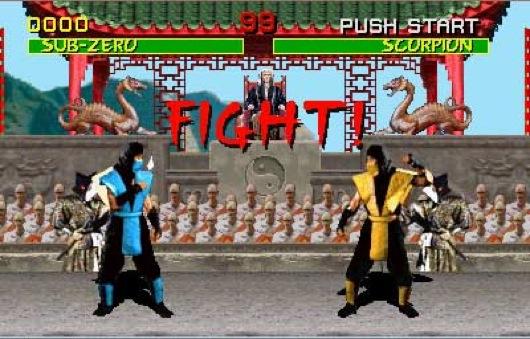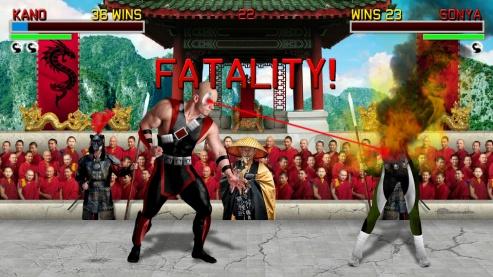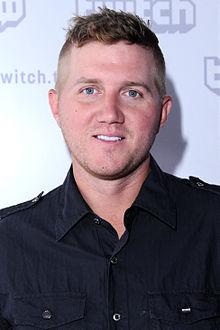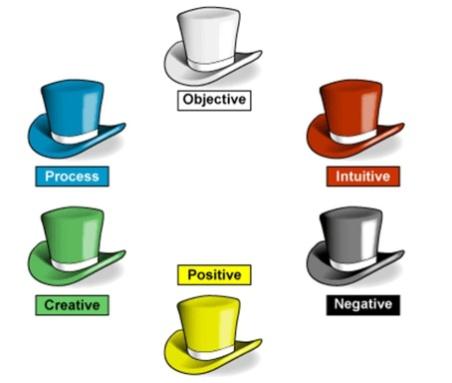| Unit of a long term plan: Unit 4 Past Simple
| School: |
| Date: | Teacher's name:Kenembaeva A.E
|
| CLASS: 6 | Number present: | absent: |
| Lesson title | Language Focus.Past Simple |
| Learning objectives(s) | 6.C6 organise and present information clearly to others plans on a limited range of familiar general and curricular topics 6.UE9 use simple past regular and irregular forms to describe past events on a limited range of familiar general and curricular topics 6.S5 keep interaction going in basic exchanges on a growing range of general and curricular topics 6.S6 communicate meaning clearly at sentence level during, pair, group and whole class exchanges |
| Lesson objectives | All learners will be able to: Identify the theme, new words and use them as the basis for discussion. Demonstrate basic knowledge for usage of the Past Simple. Transfer information from the given information into a graphic organizer. Offer constructive peer-feedback using rubric. Most learners will be able to: Select, compile, and synthesize information for an oral presentation Provide a point of view in conversations and discussions; Some learners will be able to: Respond to and discuss the reading passage using interpretive, evaluative and creative thinking skills. Make a presentation about a game master. |
| Level of thinking | Higher order thinking skills (according to the revised Bloom's taxonomy). |
| Assessment criteria | Read the given text and identify the general information. Demonstrate skills of organizing and expressing ideas accurately. Illustrate a viewpoint in a discussion. |
| Target language | Appeal, prefer, lead, create, make action films, arcades, professional competitions, company Fatality,Inc. |
| Values links | Responsibility, Global Citizenship. |
| Cross-curricular links | Social Science, Information Technology. |
| Previous learning | Vocabulary relating to video games. |
| Plan |
| Planned timings | Planned activities (replace the notes below with your planned activities) | Resources |
| Start
5 min | Pre-learning (W) Teacher greets the class and suggests playing the game to the learners. Teacher explains the rules for this game. One person stands back to the picture of a computer game; Classmates should not name the game; Classmates can give some associations with the name of a game; Classmates can mime the game’s name; Classmates can sing some lines from the songs. The teacher introduces the objectives of the lesson. Teacher informs that they are going to speak about game masters and activities in the Past. 


|
Slide (useful phrases) Pictures PPT
Whiteboard Slides of computer games
|
| Main part
| The main part of the lesson. Read the poem and find verbs in the Past Simple Tense. I knew one boy.
His name was Roy.
He drove a car
And played the guitar.
He bought a dog
And named it Sock.
The dog grew big,
Could eat a pig.
Sock stole much ham
From Roy's saucepan. Which verbs are regular and what verbs are irregular? Sts. are asked the rule about the Past Simple Tense. PastSimple (простое прошедшее) – одно из самых распространенных времен в английском языке. С помощью PastSimple мы можем передать события, происходившие в прошлом, а в некоторых случаях и события в настоящем. Поэтому на любом уровне владения английским языком вы узнаете что-то новое о PastSimple. Для того чтобы образовать PastSimple, мы добавляем к глаголу окончание -ed, если глагол правильный (work – worked, learn – learned, ask – asked). Если глагол неправильный, то мы ищем форму для PastSimple во второй колонке таблицы неправильных глаголов. From the text on p.46 write down regular and irregular verbs: | Regular verbs | Irregular verbs | | started | made | | created | built | | appealed | became | What is the difference between them? В отрицательном предложении в PastSimple появляется вспомогательный глагол did (вторая форма неправильного глагола do) и частица not. В английском предложении только один глагол может быть в прошедшем времени, поэтому, как только появляется did, основной глагол принимает форму инфинитива без частички to (go, look, feel). | I/He/She/It/We/You/They + did not + инфинитив | | I did not play. – Янеиграл. He did not tell. – Оннеговорил. She didnot stop. – Она не остановилась. It didnot work. – Оно не работало. |
| В разговорной речи did и not объединяются, образуя сокращенную форму didn’t: He didn’t tell. We didn’t discuss. Чтобы задать вопрос в PastSimple, мы ставим на первое место did, после него подлежащее, потом основной глагол. | Did + I/he/she/it/we/you/they + инфинитив | | Did I play? – Яиграл? Did he tell? – Онговорил? Ex. 1 - 4 p.47. Discussion of the text" Game master". Complete the text with the correct Past Simple and speak about the main character Johnathan Wendel. Джонатан Уэндел 
Джонатан Уэндел — американский профессиональ- ный киберспортсмен, также известен под ником Fatality. Ex. 5 p.47 Ex.6 p.47 Past activities yesterday. |
|
|
Whiteboard
Writing Worksheet
Student Book p.46 - p.47
A table
Writing Worksheet
Student Book p.46 - p.47
|
| End
3min
| Home task. Presentation about a computer game (3min). WB p.33 Students express their attitude to the lesson and give self-assessment using the method: “Six thinking hats”: Green: How can you use today's learning in different subjects? Red: How do you feel about your work today? White: What have you leant today? Black: What were the weaknesses of your work? Blue: How much progress have you made in this lesson? (Now I can, I still need to work on, I've improved in, Today I learnt... ) Yellow: What did you like about today's lesson? |
Slide (Homework) Slide "Six thinking hats"

|
| Additional information |
| Differentiation – how do you plan to give more support? How do you plan to challenge the more able learners? | Assessment – how are you planning to check learners’ learning? | Health and safety check |
| Differentiation can be achieved through content (Based on the theory of Multiple Intelligences different tasks are used with the same text). By support: Less able learners will be supported through step-be-step instructions, glossaries, thinking time. By task: For more able learners additional leveled tasks are offered.
| Assessment criteria: Read the given passage and identify the general information. Demonstrate skills of organizing and expressing ideas accurately. Illustrate a viewpoint in a discussion. Descriptors: A learner reads the text for global understanding; selects meaningful information, constructs the answer; presents information in the group discussion. evaluates the peers’ answers.
Teacher's observation using observation checklist (Appendix 2 - reference to the resource "Literature Circle Role Sheets" by Christine Boardman Moen. p.28) and monitoring. Self-assessment.
| Health saving technologies.
|





















